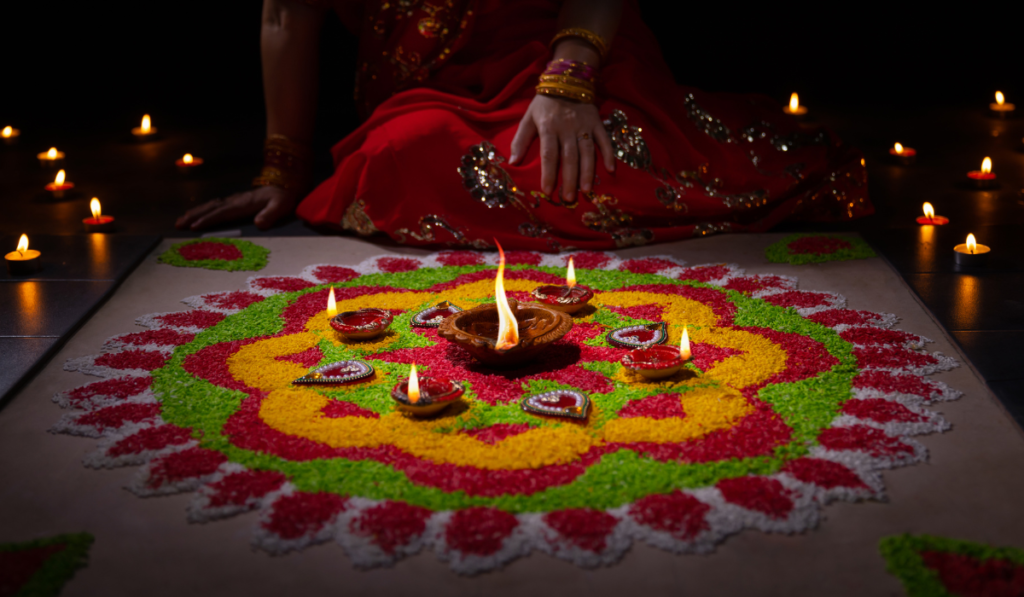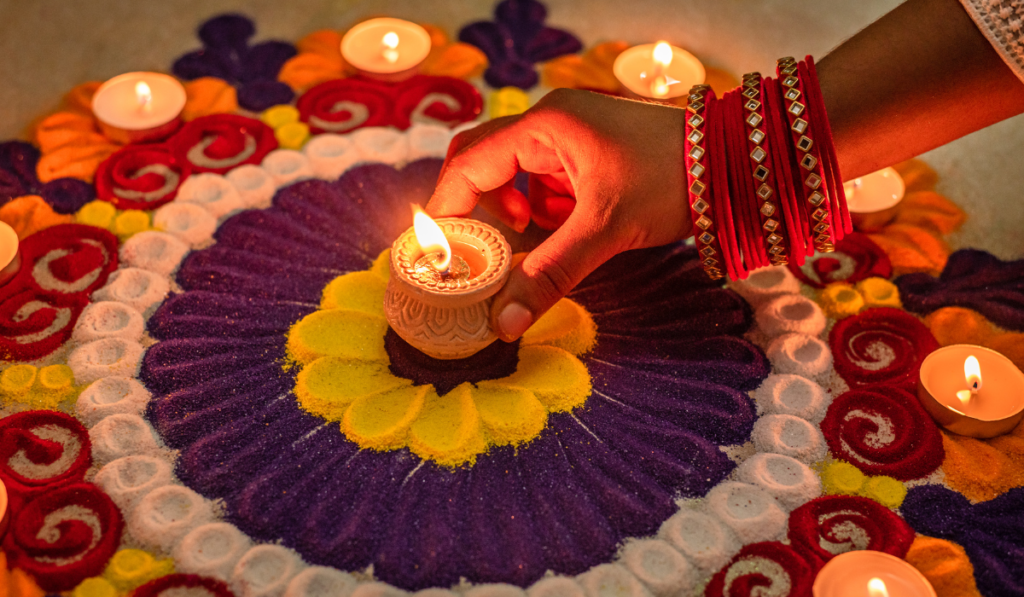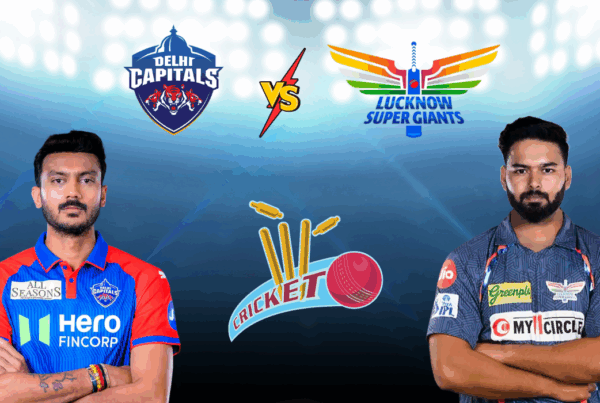Diwali, also known as Deepavali, is one of the most celebrated and widely observed festivals in India and among Indian communities worldwide. It is often referred to as the “Festival of Lights” because it symbolizes the triumph of light over darkness and good over evil. In this guide, we will take you through the essence, traditions, and significance of Diwali celebrations while addressing some frequently asked questions about this beautiful festival.

What Is Diwali?
Diwali is a Hindu festival that typically lasts for five days, with the main day of celebration falling on the third day. The Diwali festival signifies various aspects, including the spiritual, cultural, and social. Here’s a brief overview:
- Spiritual Significance: Diwali has religious significance for Hindus, Jains, and Sikhs. For Hindus, it marks the return of Lord Rama from his 14-year exile, symbolizing the victory of good over evil. Jains celebrate it as the day of spiritual awakening, and Sikhs commemorate the release of Guru Hargobind Ji from captivity.
- Cultural Celebrations: Diwali is a time for families to come together, exchange gifts, and enjoy delicious meals. It’s also a time for cleaning and decorating homes to welcome the goddess of wealth, Lakshmi.
- Festival of Lights: Diwali gets its name from the tradition of lighting oil lamps (diyas) and candles to symbolize the triumph of light over darkness and to ward off negativity.
Diwali Traditions and Customs
Cleaning and Decoration
One of the essential customs of Diwali is cleaning and decorating homes. People believe that Goddess Lakshmi visits clean and well-decorated homes. Rangoli, colorful patterns made on the floor with colored powders or flower petals, is a common decoration.
Lighting Diyas and Candles
The festival’s most iconic tradition is lighting diyas (oil lamps) and candles. This practice is a symbol of hope and dispelling darkness from one’s life. In modern times, many people also use decorative electric diwali lights to adorn their homes.
Exchanging Gifts
Exchanging gifts is an integral part of Diwali celebrations. It’s a way to express love and gratitude towards family and friends. Traditional Indian sweets, known as “mithai,” are popular Diwali gifts.
Delicious Food
Delicious food is a significant part of Diwali celebrations. Families prepare a variety of sweets and savory snacks, and feasting is a central aspect of the festival.
In conclusion
Diwali is not just a festival; it’s a beautiful tapestry of traditions, rituals, and the vibrant spirit of unity and happiness. As you light those diyas, savor those sweets, and celebrate with loved ones, remember that Diwali celebration is a reminder of the enduring human spirit and the eternal triumph of good over evil. Happy Diwali!
FAQs

When is Diwali celebrated?
Diwali falls on different dates each year, depending on the Hindu lunar calendar. It typically occurs in October or November.
How is Diwali celebrated in different regions of India?
Diwali customs and traditions can vary from one region to another. For example, in North India, it is associated with the return of Lord Rama, while in the southern state of Tamil Nadu, it is dedicated to the goddess Kali.
Is Diwali only celebrated by Hindus?
While Diwali has deep roots in Hinduism, it is also celebrated by Jains, Sikhs, and even some Buddhists for various reasons. For Jains, it marks Lord Mahavira’s attainment of nirvana, and for Sikhs, it celebrates the release of Guru Hargobind Ji from imprisonment.
How can I celebrate Diwali in an eco-friendly way?
To celebrate Diwali sustainably, consider using eco-friendly diyas, reducing firecracker usage, and being mindful of your carbon footprint. Avoid single-use plastics and opt for eco-friendly decorations.
What are some popular Diwali sweets?
Some popular Diwali sweets include Gulab Jamun, Rasgulla, Jalebi, Kaju Katli, and Barfi. These sweets are often exchanged as gifts during the festival.
Diwali is a time of joy, togetherness, and the triumph of light over darkness. It’s a celebration of hope, prosperity, and the renewal of life’s positive aspects. Whether you’re a part of the Indian community or simply interested in experiencing different cultures, Diwali is a festival that offers a warm and enlightening experience for all.








